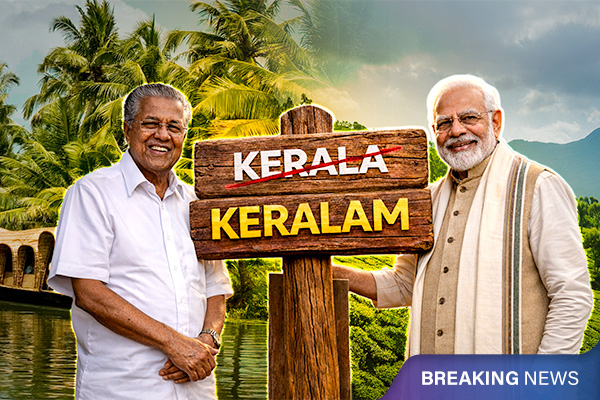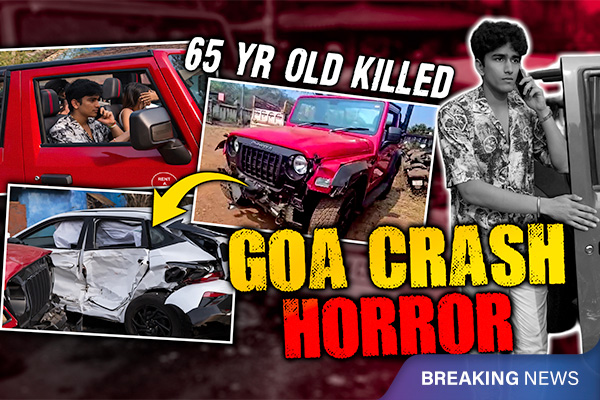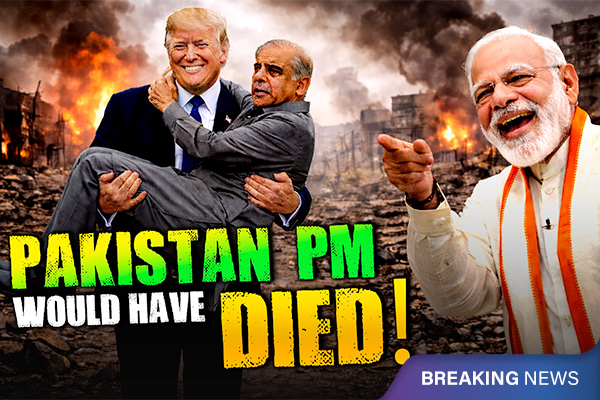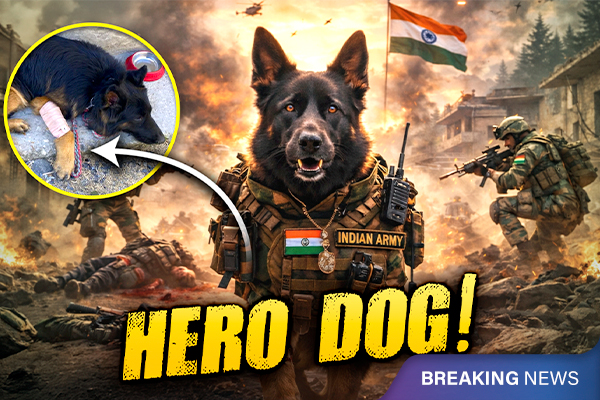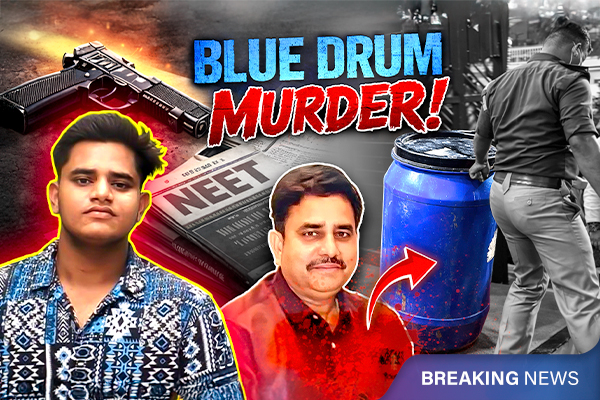Could the Sri Lanka Blasts Have Been Prevented?
In the aftermath of the suicide bombings in Sri Lanka, it has come to light that various government officials had intelligence regarding these attacks. Their failure to act on this information, has le
In Sri Lanka a series of suicide bombers bombed churches and luxury hotels on Easter 21st April. 250 people lost their lives, more than 500 were injured. 3 of the people who lost their lives were Indians. Suicide bombers walked easily walk into three churches and three upscale hotels in Colombo, without facing any security.The Police have arrested 24 suspects in a series of raids, hours after the attacks. A bomb exploded in the streets of Colombo, while the police attempted to defuse it. 87 bomb detonators were found at a private bus station in Petta.
Government officials had known for weeks about the warnings of an attack on churches and tourist destinations. Sri Lankan authorities have already admitted to missing multiple warning signs. A government spokesman Rajitha Senaratne said that, on 4th April, US and Indian foreign intelligence agencies, had informed Sri Lanka about the suicide attacks against Christian churches and in tourist spots. Five days later, on 9th April, the country's Defense Ministry had informed the Inspector General of Police about this. He even named a group, the National Thawahid Jaman (NTJ) a Jihadi group, who are suspected of carrying out the attacks.
Sri Lankan security officials had prepared a detailed list of all the names of the suspects. On April 11, the Deputy Inspector General of Police, sent a memo regarding information about the attacks and the list of suspects, to various government officials. As Easter drew closer, Foreign security services repeated their warnings and said that “Something terrible was going to happen”. One warning came 10 minutes before the attack.
The Sri Lankan government is deeply divided due to political problems between President Maithripala Sirisena and Prime Minister, Ranil Wickremesinghe. The Prime Minister was removed from the national security council in December. He was never informed about the warnings. Even after the attack, members of the national security council refused to attend a meeting held by the Prime Minister.
Sri Lankan authorities declared a state of emergency at midnight on Monday, 22nd April. This gives police and the military powers to detain and interrogate suspects without court orders. A curfew also came into effect at 8:00 pm, leaving armed security forces patrolling the streets in Colombo on Monday night. The government blocked access to all forms of Social Media after the blasts.


